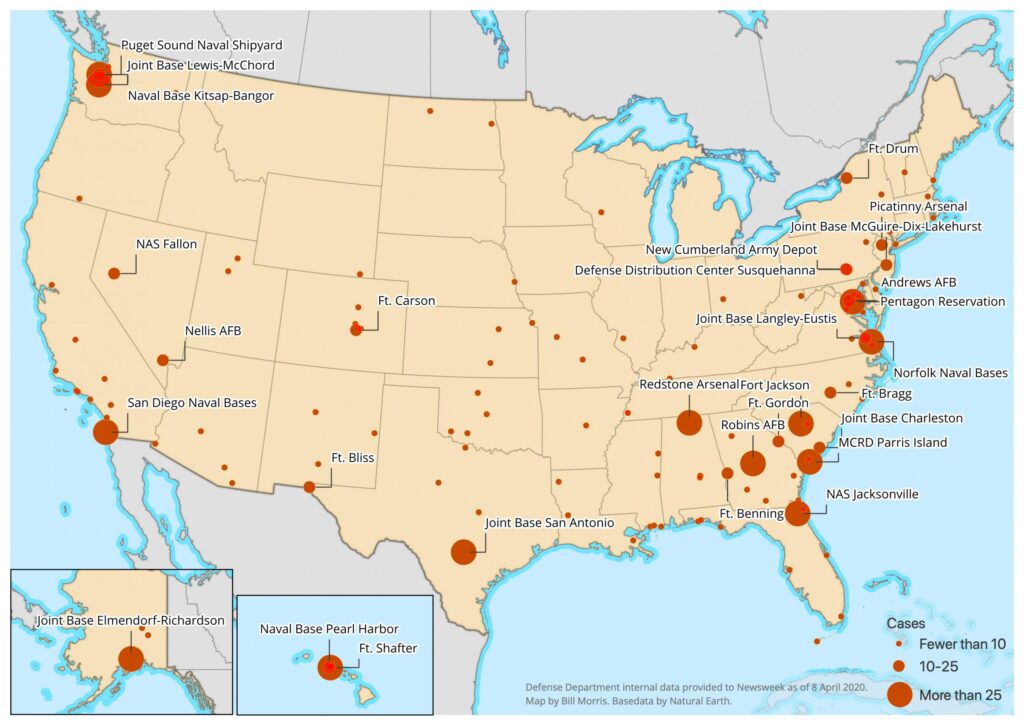Turkey Expands Military Footprint in Northern Syria Amid Security Concerns
Recent reports from Turkish news outlets reveal Ankara’s intention to establish new military installations within Syrian territory. This initiative is part of Turkey’s broader campaign to counter the Islamic State (IS) threat and reinforce security along its southern frontier. The Syrian conflict remains highly fragmented, with multiple factions competing for dominance, making Turkey’s move a notable shift in regional strategy. By setting up these bases, Ankara aims not only to strengthen its operational capabilities but also to cement its influence in northern Syria—an area critical for both security and geopolitical leverage.
Strategic Objectives Behind Turkey’s New Bases
The planned military bases are expected to serve several strategic functions that align with Turkey’s national security priorities:
- Boosting Tactical Operations: Enhanced infrastructure will facilitate more efficient logistics and support for ongoing anti-IS campaigns.
- Expanding Regional Influence: Establishing a permanent presence allows Turkey to assert control over territories previously dominated by extremist groups or rival factions.
- Deterring Hostile Actors: A fortified military footprint acts as a deterrent against IS remnants and other adversaries threatening border stability.
This development has attracted significant attention from international analysts who are evaluating how Ankara’s increased involvement might alter the balance of power across northern Syria. Experts emphasize that while these bases could improve counterterrorism efforts, they may also complicate relations with local Kurdish forces and neighboring states wary of Turkish expansionism.
| Main Impact | Description |
|---|---|
| Bilateral Tensions | The move risks escalating friction between Turkey and Kurdish militias controlling parts of northern Syria. |
| Counterterrorism Effectiveness | Ankara gains enhanced ability to disrupt ISIS cells through sustained operations supported by new facilities. |
| Civilian Displacement Risks | The intensification of military activities may lead to increased displacement among local populations caught in conflict zones. |
Regional Security Implications: Navigating Complex Alliances Amid Anti-ISIS Efforts
Ankara’s decision to deepen its military engagement in Syria carries profound consequences for the region’s fragile security environment. By reinforcing its presence near volatile areas plagued by extremist activity, Turkey seeks not only tactical advantages but also political leverage over contested zones. However, this approach introduces several challenges worth noting:
- Heightened Military Operations: Turkish forces are anticipated to increase direct confrontations with remaining IS factions as well as other militant groups operating nearby.
- Kurdish Relations Under Strain: The Kurdish-led Syrian Democratic Forces (SDF), long-standing partners of Western coalitions against ISIS, may experience growing tensions due to overlapping territorial claims and differing political goals with Ankara.
- Diplomatic Ripple Effects: Neighboring countries such as Iraq and Iran could view expanded Turkish deployments warily, potentially complicating regional diplomacy amid an already intricate web of alliances involving Russia and the United States.
The evolving situation is further complicated by responses from key stakeholders involved directly or indirectly in the Syrian theater. Below is an overview highlighting potential reactions from major actors engaged in this multifaceted conflict landscape:
| Key Stakeholder | Anticipated Reaction |
|---|---|
| Syrian Regime | May escalate troop deployments around contested regions where Turkish forces operate |
| Consideration Area | Potential Outcome | Military Strengthening | Greater control over strategic corridors along border regions | Alliance Dynamics | Possible alienation or confrontation with Kurdish entities & other local actors | International Relations | Strains on ties particularly between Turkey & Western nations concerning arms deals & diplomatic cooperation
Conclusion: Assessing Turkey’s Evolving Role Within the Syrian Conflict LandscapeAs Ankara advances plans for permanent military installations across northern Syria, it marks a pivotal escalation reflecting broader ambitions beyond immediate counterterrorism objectives. These developments underscore a multifaceted strategy aimed at securing borders while projecting influence amidst one of today’s most complex geopolitical arenas. The repercussions extend beyond battlefield dynamics—impacting humanitarian conditions through possible population displacements—and reshaping alliances involving regional powers like Russia alongside global stakeholders such as the United States. Moving forward, close observation will be essential regarding how these initiatives affect ongoing efforts against extremist groups like ISIS while influencing socio-political realities within war-torn communities. The international community remains vigilant about balancing respect for sovereignty concerns alongside pragmatic cooperation needed for lasting peace. For further insights on related socio-political shifts within Turkey itself—including recent high-profile political developments—read more here. |
|---|

